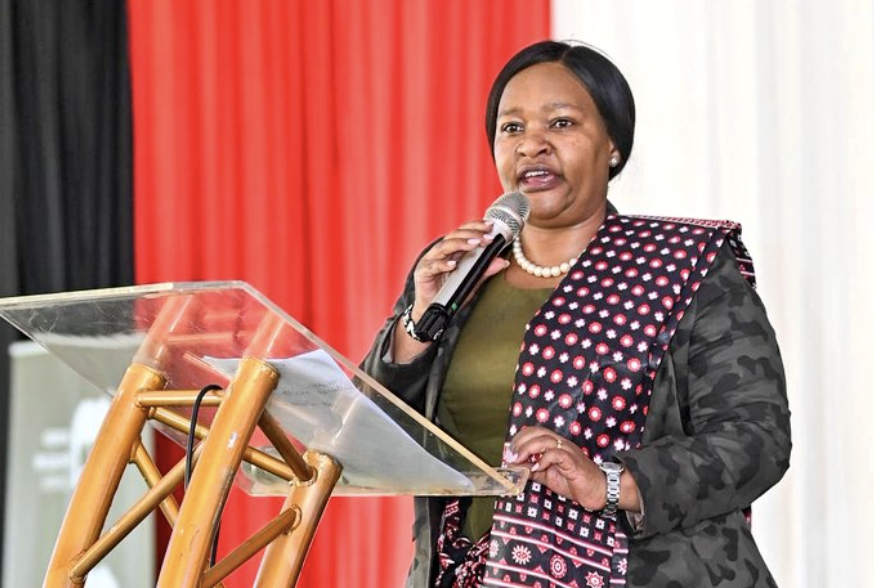President William Ruto unveiled a robust plan aimed at curtailing the public wage bill, emphasizing the government's commitment to achieving a 35 per cent wage bill ratio to revenue by 2027.
Speaking at the Third National Wage Bill Conference 2024 held at the Bomas of Kenya, Nairobi, Ruto outlined the government's determination to address the burgeoning issue.
Acknowledging the strides made in managing the public wage bill, President Ruto highlighted a notable reduction from 51 per cent to the current 46 per cent.
This reduction signifies significant progress but underscores the imperative need for further measures to meet the ambitious 35 per cent target.
The president outlined a collaborative effort between the National and county governments, facilitated by the Intergovernmental Relations Technical Committee, the Salaries and Remuneration Commission, and the Council of Governors.
Read More
He emphasized the collective responsibility in attaining the wage bill target, stressing the importance of unity and concerted action.
"As National Government, we have taken the lead with a commitment to reduce the wage bill to 35 per cent of revenue by 2027," Ruto affirmed, signalling a clear directive towards fiscal responsibility and prudent management.
In his address, Ruto urged leaders to prioritize pragmatism over populism, calling for resolute decision-making to navigate the complexities of public expenditure.
"We must stop chasing what is popular; we must go after what is right," he emphasized, advocating for a steadfast approach towards achieving sustainable fiscal balance.
The president's remarks underscored a pivotal moment in Kenya's fiscal policy, delineating a path towards fiscal sustainability and effective governance.
In a bid to boost productivity and channel resources towards development projects, governors have pledged to tackle two key issues: reducing the wage bill and eliminating employees with fake academic credentials.
The announcement came during the closing remarks of the same event in which Council of Governors (CoG) chair Anne Waiguru, representing all governors, made a firm commitment to address these challenges.
Shared Responsibility and Long-Term Vision:
Governor Waiguru acknowledged the shared responsibility between national and county governments to address the wage bill issue.
She highlighted the necessity of a candid conversation on wages to ensure the availability of funds for national development.
The conference aimed to achieve a significant reduction in the county wage bill, targeting a decrease from an average of 45 per cent to 35 per cent of total revenue by 2027.
Governor Waiguru expressed confidence in achieving this goal, stating, "On behalf of my colleagues, I would like to give a commitment on the implementation of the main resolution of this conference of reducing the wage bill by 35 per cent by 2027. We will endeavour to do that."
Cracking Down on Fake Credentials:
A critical element of the plan involves a thorough review of staff qualifications across all counties.
"We commit that we will also review our staff structures to ensure that they are aligned with needs and also undertake review of education documents for staff working in County Governments. We also commit on behalf of all Governors, to weed out all individuals with fake certificates," Waiguru stated.
This initiative aims to ensure that only qualified personnel are employed in county governments.
Streamlining the Workforce and Leveraging Technology:
The COG chair also emphasized the importance of staff structure rationalization to optimize service delivery.
Governor Waiguru highlighted the need to review the relationship between various staff establishments and the optimal levels needed to offer the services to make informed decisions regarding workforce size.
Furthermore, Governor Waiguru underscored the crucial role of technology in streamlining processes and reducing resource leakages.
Citing the Huduma Centre, where she previously held a leadership role, she emphasized the importance of continuous discussion and action regarding technological adoption.
This includes facilitating higher collection of revenue, reduction of processes, and human resources.
The Governor further emphasized the need for finalizing the costing and transfer of functions that have been devolved as well as the attendant resources to empower counties to fulfil their mandates effectively.
She underscored the additional human resource requirements that will accompany the transfer of all devolved functions.
Waiguru concluded by stressing the collective commitment to implementing the agreed-upon measures, stating, "This is achievable. The current administration has given us the space to thrive. Let us take advantage and prove to the naysayers that indeed the Public service is the cornerstone of Service delivery."
By tackling the wage bill challenge and ensuring a qualified workforce, county governments aim to enhance service delivery.
With concerted efforts and collaborative initiatives, Kenya aims to achieve fiscal stability and propel itself towards a path of sustained economic growth.

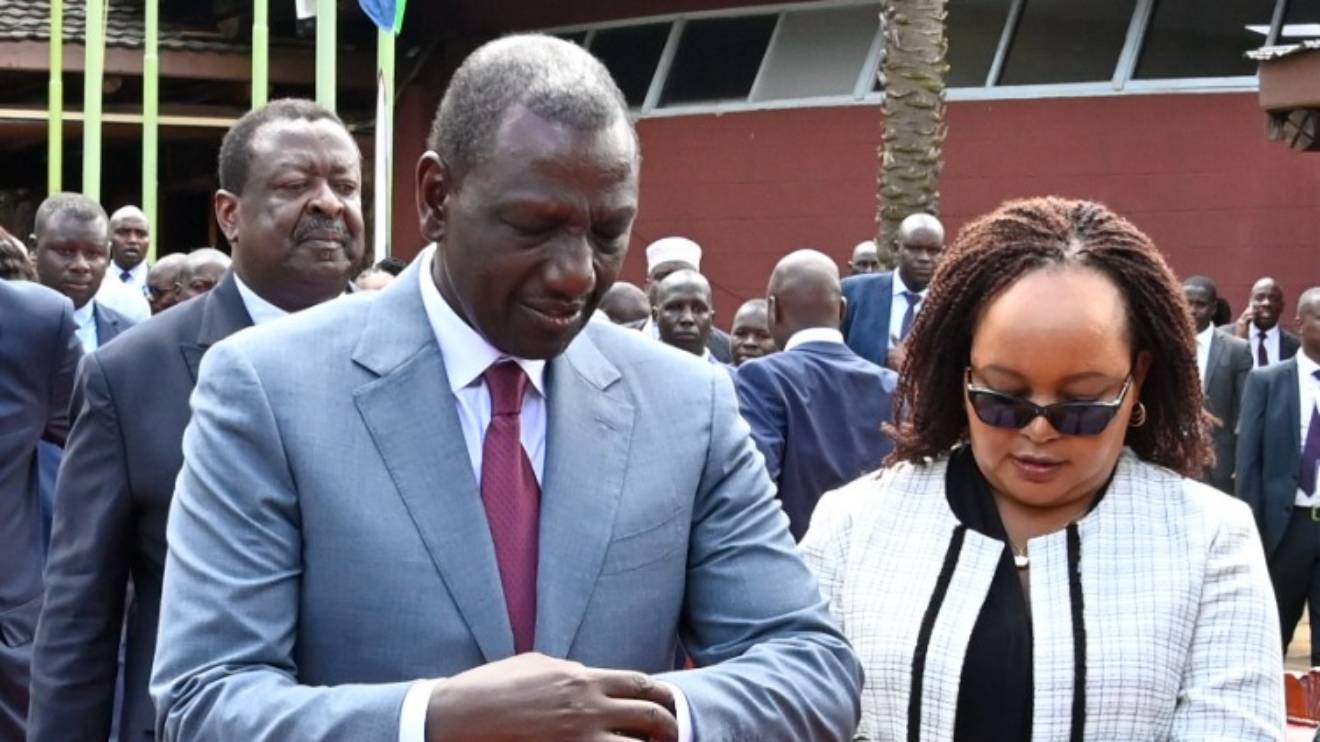


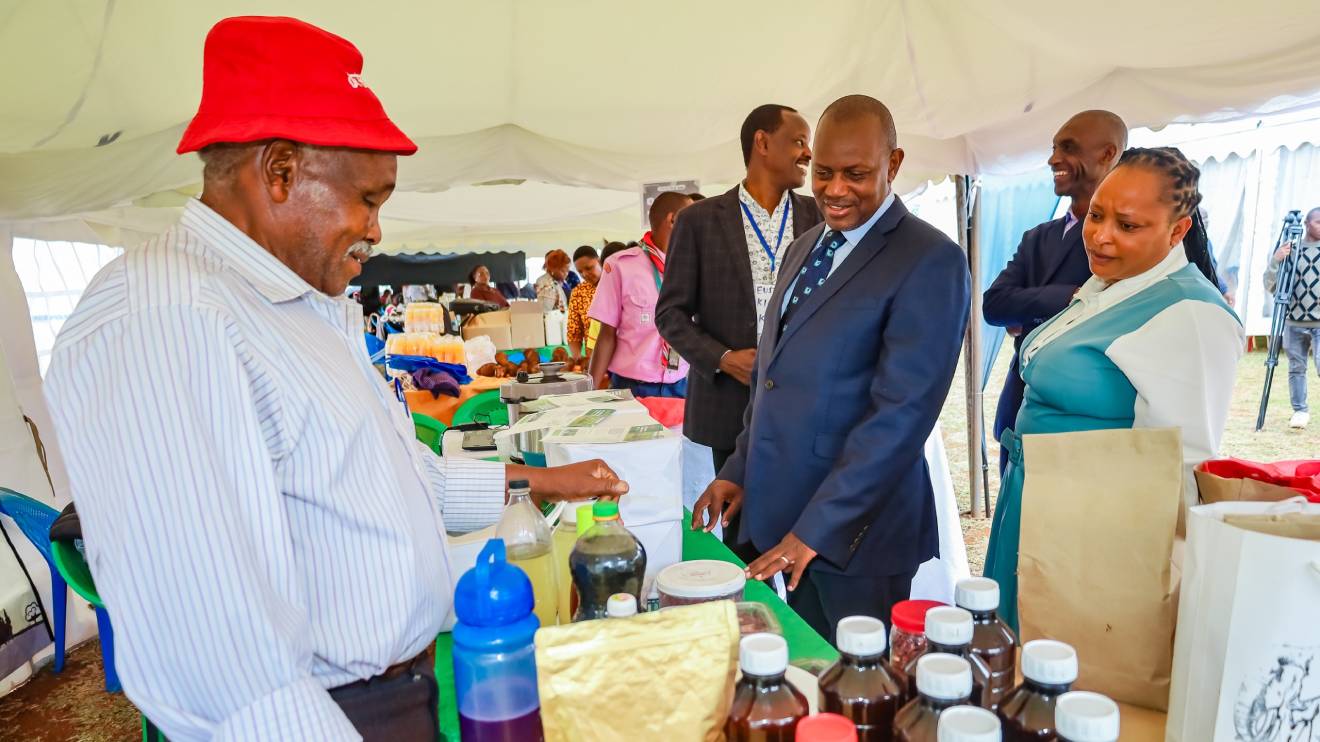


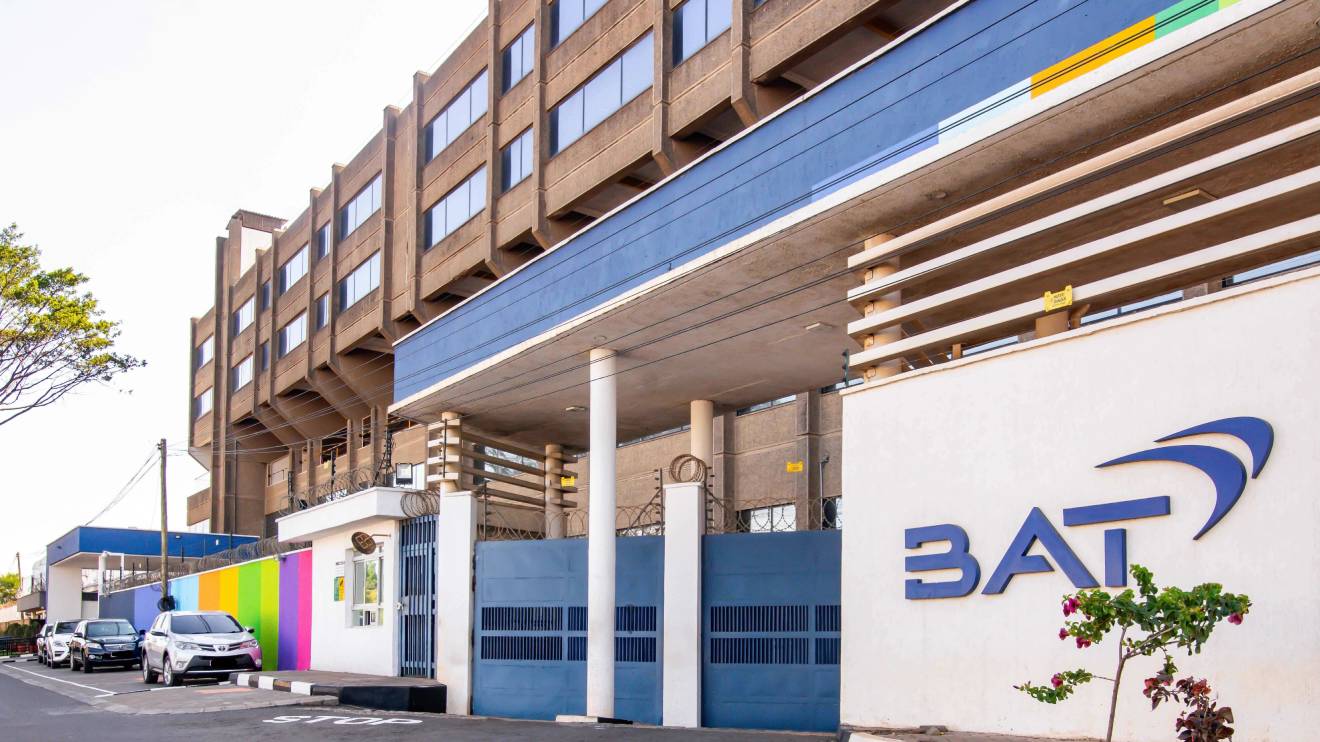
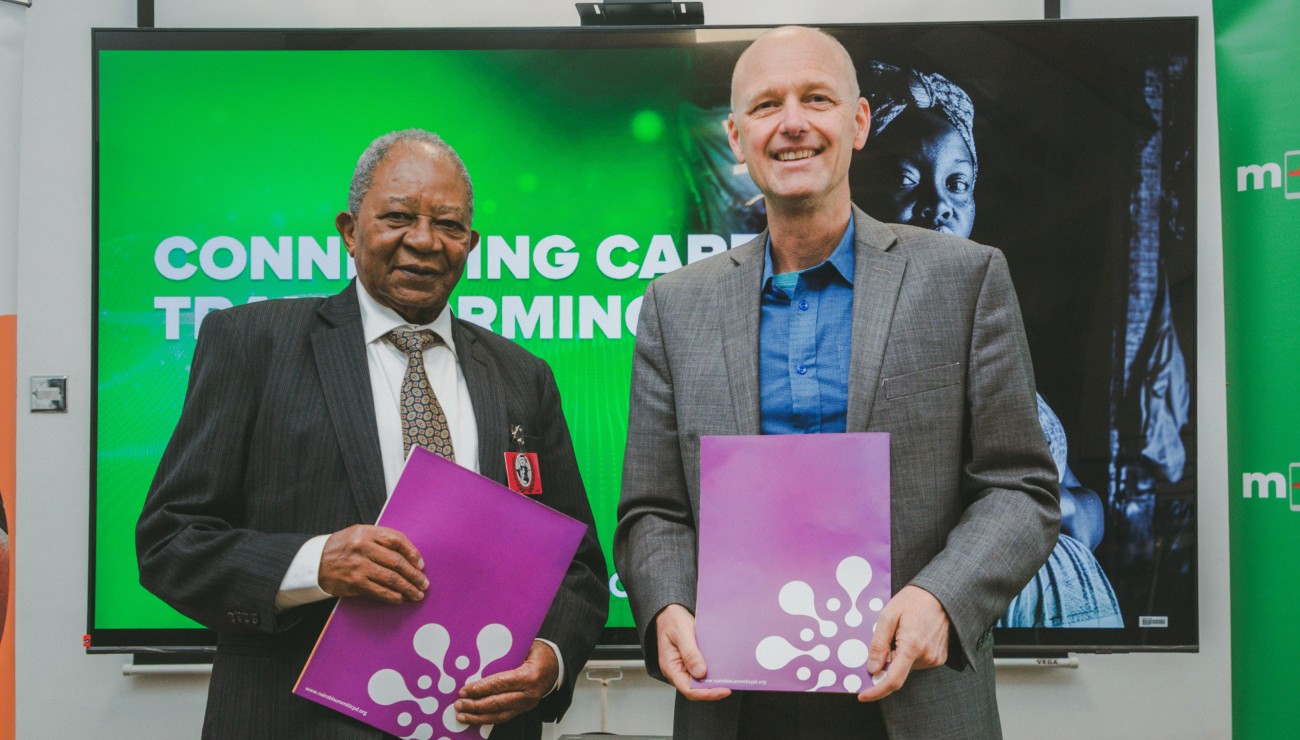
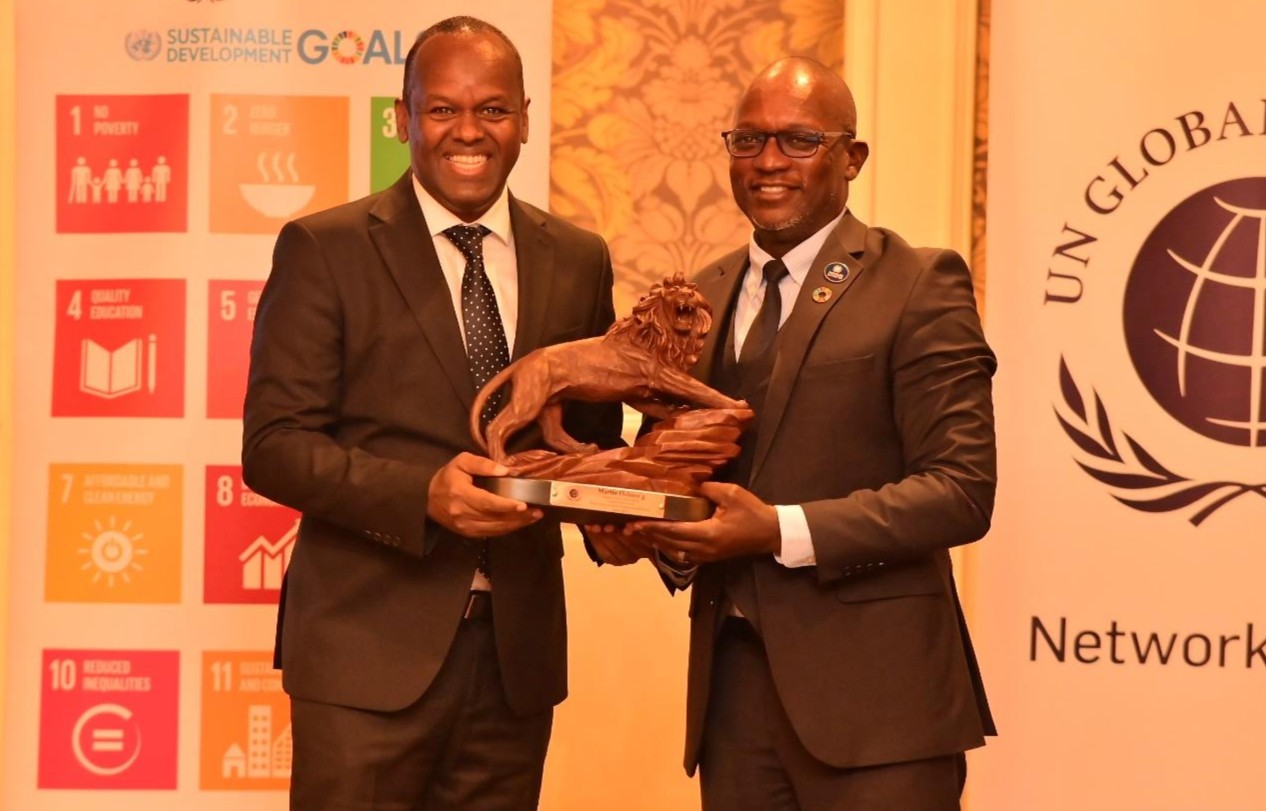
-1751561078.jpg)
